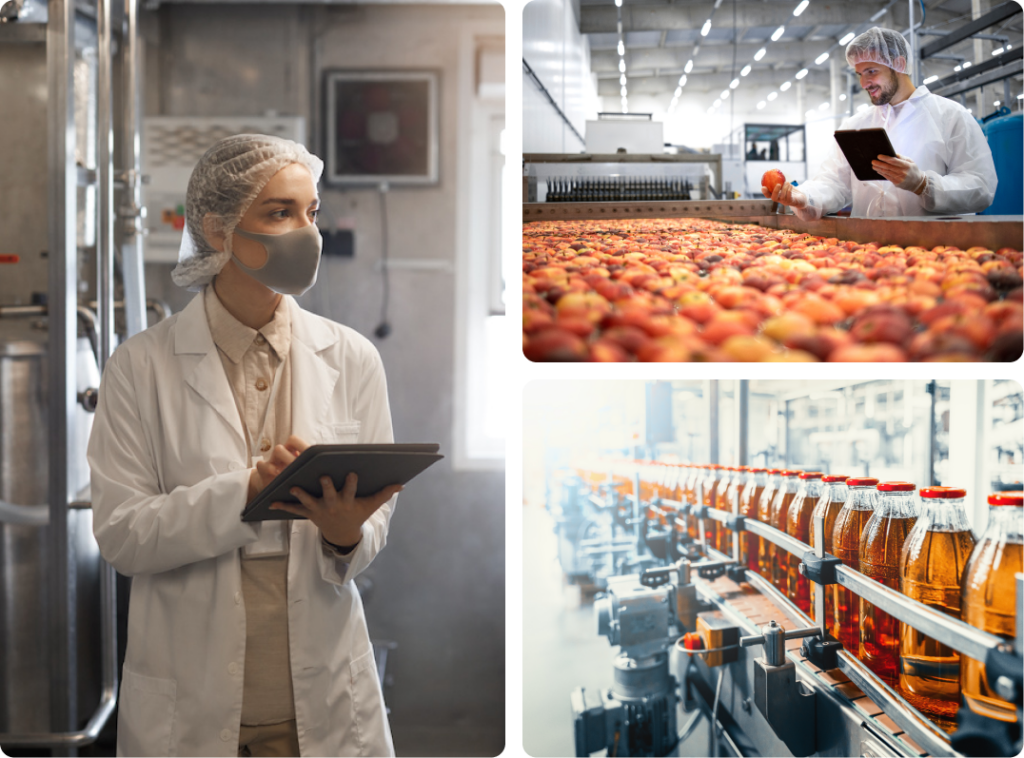Training Reimagined
Thermal Processing Training
Thermal processing remains the most important method of food preservation. Our courses cover heat processing of food and drinks, pasteurisation, heat preserving, safe cooking and process validation.


Follow along in these guided self paced eLearning modules curated by industry experts and professionals in food safety.
This course provides a comprehensive overview of aseptic processing and packaging systems. Participants will explore the fundamental principles of system operations, the regulatory requirements, and the critical role of the aseptic zone in maintaining sterility.
This course will guide you through essential concepts of heat transfer in canned foods and equip you with the knowledge to design effective heat penetration tests. You’ll also learn about various types of heating—conduction, convection, and induced convection—and the testing equipment used in this field.
This course will guide you through the essential factors that influence thermal processing, focusing on their impact on product quality and process efficiency. You’ll learn to identify key elements in retort and aseptic systems, making informed decisions to optimize safety and performance in your operations.

In this course students will learn about the nature of thermal deviations, what information should be included in deviation records and what are best practices for completing deviation record forms.
Thermal processes are essential for controlling foodborne microbial hazards and thereby ensuring the safety of the public when consuming food products.
This course is designed to give end users the knowledge to understand the benefits and limitations of modified atmosphere packaging, and the basics to work with material and equipment supplies to shorten…
This course will help you interpret updated USDA guidelines and better understand how to ensure the safety and quality of your RTE meat and poultry products.
Pathogens, or harmful microorganisms, are responsible for a large number of foodborne illnesses and deaths in the U.S. every year. Many of these infections come from foods that are considered fully cooked. Food producers need to understand how thermal processing removes pathogens from products and what steps are necessary to ensure a successful heat treatment.
This course provides introductory information related to the fermentation of food. The covered topics include the historical context, scientific principles, major types of food fermentation processes and associated microorganisms, categorization of fermented foods, as well as troubleshooting methods and effective solutions.